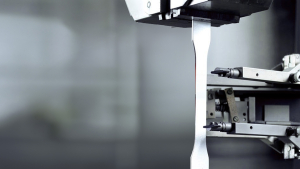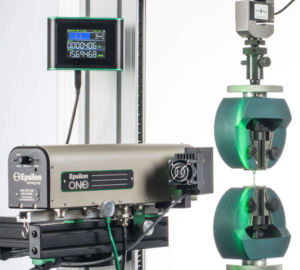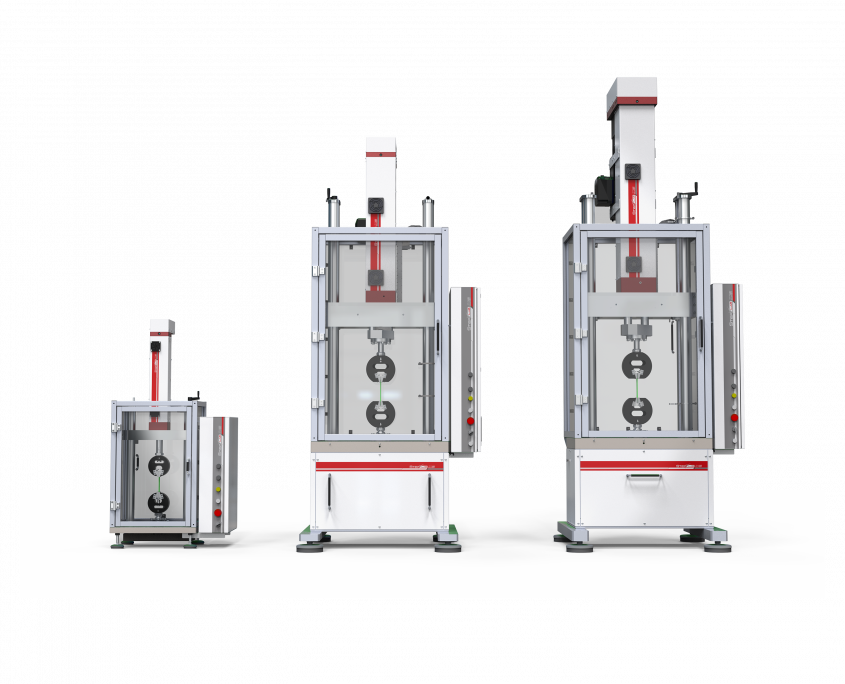At STEP Lab, our commitment extends to engineering testing machines that surpass industry standards for diverse materials, including metallic tension testing. Our technology ensures superior performance and reliability, aligning seamlessly with International standards such as ASTM E8. We prioritize the fulfillment of your materials testing requirements with the highest level of accuracy and compliance. Trust STEP Lab for results that consistently meet the rigorous standards of tension testing in ASTM E8, providing confidence in your material analysis and evaluation needs.
WHAT IS ASTM E8?
ASTM E8, officially titled “Standard Test Methods for Tension Testing of Metallic Materials“, is a set of guidelines developed by ASTM International. These standards are designed to assess the mechanical properties of metallic materials through tension testing. Tension tests conducted in accordance with ASTM E8 provide crucial information on the strength and ductility of materials under uniaxial tensile stresses. ASTM E8 is widely recognized and utilized in various industries to ensure the quality and reliability of metallic materials in applications ranging from structural components to everyday products.
WHAT DOES ASTM E8 MEASURE?
The test provides information on the material’s ability to withstand axial loads, represented by its tensile strength. Additionally, it evaluates ductility, indicating the material’s capacity to deform plastically before rupture. ASTM E8 measures parameters like yield strength, ultimate tensile strength, elongation, and reduction of area, offering comprehensive insights into the material’s behavior and suitability for various applications. This standard plays a crucial role in ensuring the quality and reliability of metallic materials across industries.
ASTM E8 – DIFFERENCES WITH ASTM A370
ASTM A370 and ASTM E8 are both standards employed for testing the mechanical properties of metallic materials, specifically focusing on tensile testing. However, notable differences exist between the two:
- Minimum Yield Strength Requirement
- Scope of Application
- Technical Differences
ASTM E8 – TEST METHODS
The ASTM E8 standards provide a comprehensive set of test methods that play a pivotal role in understanding the mechanical behavior of metallic materials. The primary emphasis is on tension testing, conducted under the standard conditions of room temperature. This specific testing method is a fundamental approach to evaluate how a material responds to forces acting along its axis. The test involves applying a controlled force to a specimen, typically in the form of a standardized metal sample, and measuring its response to the applied stress. The tests are conducted under ambient conditions, ensuring practical relevance to real-world applications where materials are commonly exposed to room temperatures.
ASTM E8 – EXTENSOMETERS
To achieve optimal accuracy and repeatability in measurements, consider incorporating an Extensometer into the testing system. Optical (non-contact) Epsilon extensometers are particularly well-suited for elastomeric materials, especially in cases involving fragile specimens or climatic chamber testing. They offer the added advantage of reducing measurement variability attributed to operator influence, thus enhancing efficiency, particularly in high-throughput laboratory settings.
We are official distributor for Epsilon products.
TESTING MACHINES FOR ASTM E8
STEP Lab offers test systems tailored to accommodate a spectrum of metallic materials, up to 200 kN. Featuring high-stiffness ball screws, columns, strain gauge load measurement, and backlash elimination, these load frames enhance performance, ensuring accurate results and minimizing energy stored during high-strength material tests.
Our dynamic and fatigue testing machines is a versatile solution for conducting tests that require high accuracy and speed in both force and position control.
-
- Dynamic loads range up to 200kN
- Zero maintenance and easy installation
- Low energy consuming
- Highly reliable test





